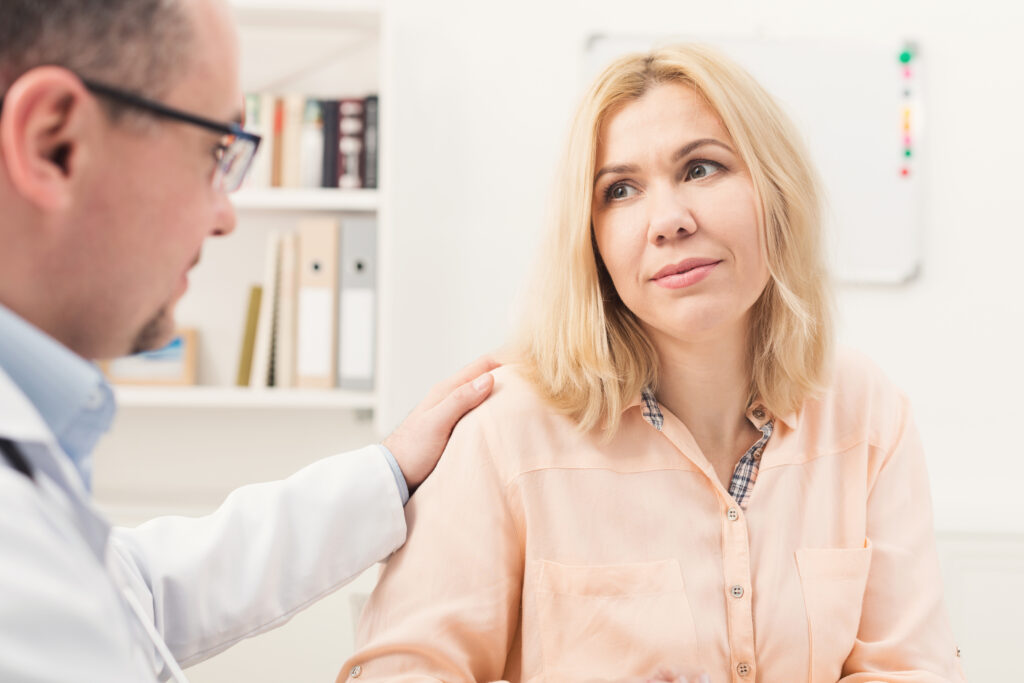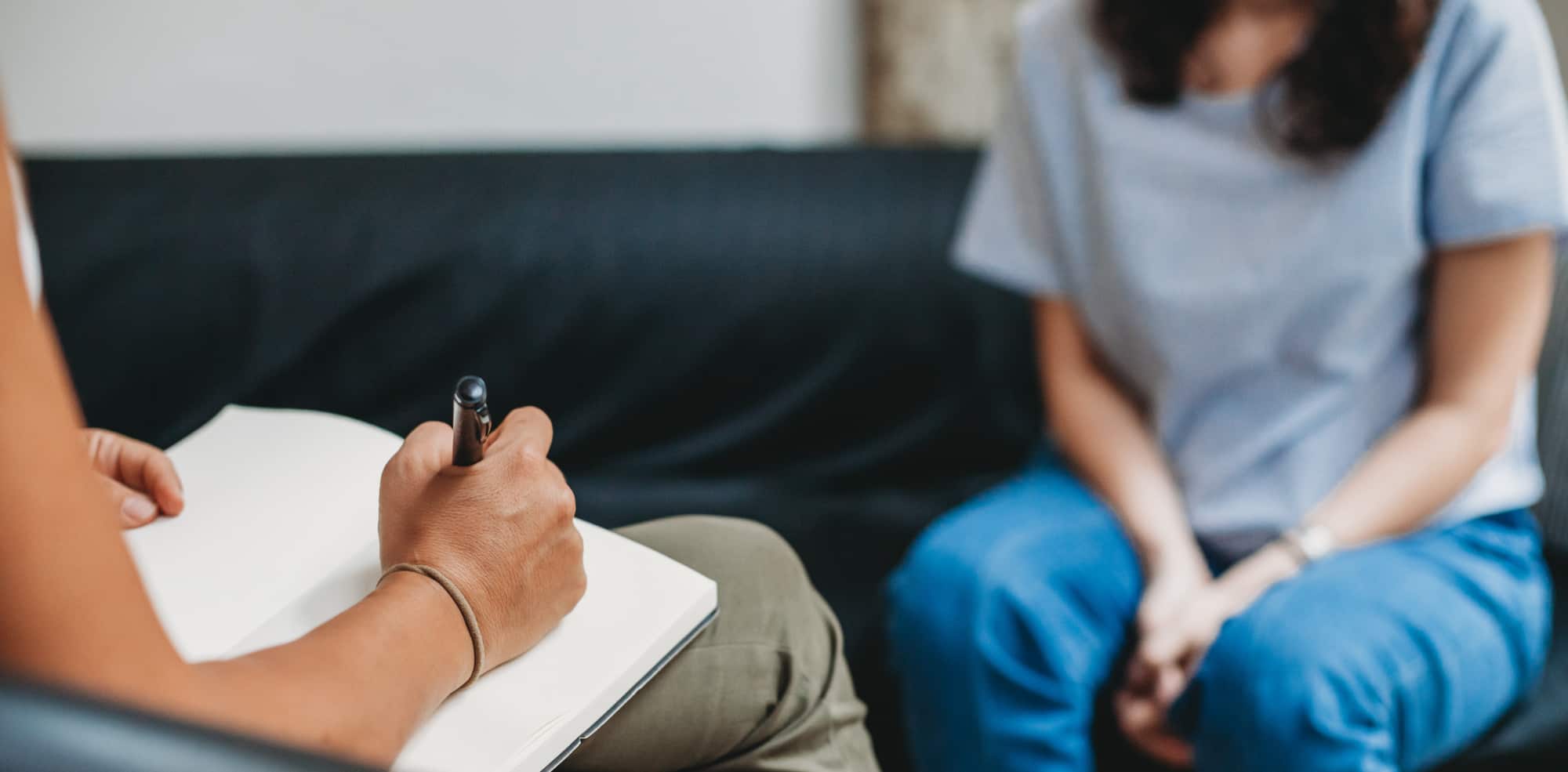Studies indicate that relapse is a significant problem for individuals after they leave treatment. Up to eighty-five percent of people relapse within the first year. But there are ways that you can avoid relapse after treatment.
Peninsula Health Center offers quality aftercare and outpatient drug treatment in Long Beach. Contact us today to learn more.
Participate in Relapse Prevention Therapy
The first way you can avoid relapse after treatment is to participate in relapse prevention therapy. This is something that many top-of-the-line drug and alcohol rehab centers offer. This therapy takes place during the course of your regular and gives you resources that help you:
- Identify your triggers
- Learn what situations or people to avoid
- Use coping skills
At facilities like Peninsula Health Center, we customize all aspects of your treatment, including relapse prevention therapy. We work hard to educate you about what relapse is, how common it is, how you can avoid it, and what to do if a relapse happens.
Pick Treatment with Aftercare Services
Relapse prevention therapy is best when combined with a facility that offers aftercare services. Aftercare services are designed to give you help once you leave your treatment center. These services can include things like:
- Educational support
- Resources for finding a job
- Housing support
- Alumni programs
- Regular group meetings
Practice Self-Care
By practicing self-care, you can learn to recognize your triggers and, more importantly, take care of yourself so that you are in a strong position mentally and physically to continue to achieve short-term and long-term goals in your recovery.
Self-care practices can include setting up a regular sleep schedule. This is referred to as sleep hygiene, and it involves making sure your room is cool and dark and that you go to sleep and wake up around the same time every day. Good sleep can help regulate your hormones and boost your mood.
Equally important is physical exercise. With good sleep, you’ll have the energy to exercise. In recovery, your exercise doesn’t have to be heavy weightlifting. It can be something as simple as yoga or light stretching, a walk around the block, or a gentle swim. These activities are considered active and mindful physical activities that encourage your overall health.
Yoga, in particular, constitutes purposeful relaxation, as does meditation. Meditation can be done anytime when you have 5 minutes while waiting for an appointment, when you’re stressed in the car, or even when you eat. Mindful meditation can help you remain cognizant of your emotions, even recognize when you’re craving or just lonely or tired.
Attend Support Groups
Another way to avoid relapse after treatment is to attend support groups. In some cases, support groups are part of aftercare services, but in others, support groups are things like AA or NA, which you attend weekly or more, depending on your needs.
Support groups can also include family support groups, designed to allow you to meet with other people who have gone through similar situations along with their family members. This type of support gives resources to your loved ones so that they can learn how to best support you in avoiding a relapse.
Ongoing group therapy sessions and support groups offer an opportunity to share personal experiences with relapse, triggers, and with coping skills. People can come together to share different stories of success or failure, support and learn from one another.
Find Sober Activities
Another way to avoid relapse is to engage yourself in sober activities, especially when you first leave your treatment center. Given that most who experience a relapse do so within the first year, you can increase your chances of success by actively engaging in sober activities.
Sober activities can help you find support in the form of other individuals in similar positions. These activities can also allow you to try something new, improve your mental and physical strength, and help manage triggers when they arise.
Peninsula Health Center offers comprehensive aftercare services, relapse prevention education, and access to ongoing support groups in your area. When you receive treatment at our Palos Verdes drug rehab, we don’t just push you out the door once you finish treatment and hope for the best. We remain actively engaged in your recovery by providing you with resources that can make a significant difference in your ability to avoid a relapse.
Contact our team today to learn more about relapse prevention therapy and aftercare services.







